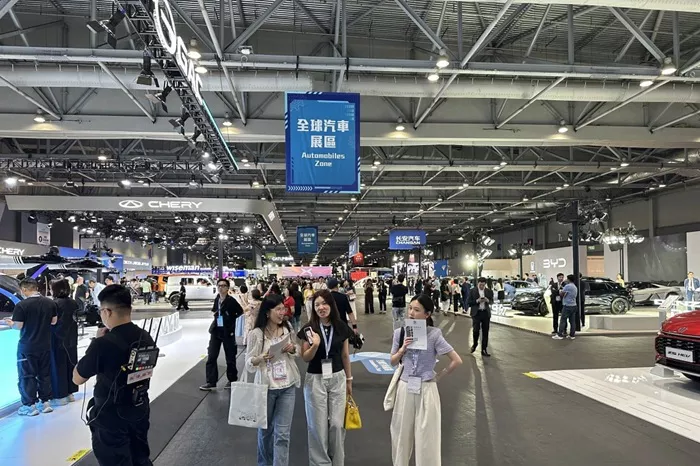Chinese electric vehicle (EV) maker Xpeng plans to offer smart cars with semi-autonomous driving features to Hong Kong consumers starting next year. The move is part of the company’s effort to compete with Tesla’s Full Self-Driving (FSD) system outside mainland China.
He Xiaopeng, co-founder and CEO of Xpeng, told reporters on Thursday that the company will test its Xpeng Navigation Guided Pilot (X NGP) driver-assistance system in Hong Kong for two months before launching sales. However, the testing can only begin once regulators approve the software.
He expressed optimism that the technology would help improve logistics efficiency and driving safety in the city. “Xpeng and other mainland Chinese companies have many new technologies to offer Hong Kong,” he said during the 2025 International Automotive & Supply Chain Expo, which runs until Sunday.
The X NGP system is classified as semi-autonomous because drivers still need to stay alert and keep their hands on the wheel. According to David Zhang, secretary general of the International Intelligent Vehicle Engineering Association, Xpeng’s system has outperformed Tesla’s FSD in mainland China. This success is due to Xpeng’s heavy investment in analyzing fleet data and refining algorithms to reduce system failures.
Xpeng is one of several major mainland Chinese automakers showcasing their latest models at Hong Kong’s largest automotive event. Others include SAIC Motor, Geely Auto, GAC Group, and Chery Automobile. Together, they display around 80 new vehicles, mostly electric models, as part of a broader push to expand globally.
Though Hong Kong, with its 7.5 million residents and annual car sales under 40,000 units, is not typically a hotspot for global auto launches, it serves as a strategic gateway for Chinese companies entering right-hand-drive markets worldwide.
Hong Kong’s Chief Executive, John Lee Ka-chiu, highlighted the city’s appeal to mainland manufacturers looking to raise capital and reach international buyers. He affirmed the government’s strong commitment to supporting the EV industry during the expo’s opening.
At the event, Chery revealed its new premium plug-in hybrid, the Fulwin A9L, which will start presales later this month. The company also announced plans for an initial public offering in Hong Kong during the third quarter. Li Xueyong, Chery’s executive vice-president, said production and logistics would be ramped up to meet demand from local customers.
Yu De, assistant president of SAIC Motor and head of its international business division, said Hong Kong is a key overseas market the company has been carefully studying. He emphasized SAIC’s goal to help modernize Hong Kong’s transport sector and deepen cooperation with local authorities and firms.
Many experts believe Chinese automakers and their suppliers are leading the global EV industry. They offer advanced battery technology, superior in-car entertainment, and cutting-edge autonomous driving systems.
China accounted for over 60% of global EV sales in 2024, according to the China Passenger Car Association. Yet only half of the country’s EV production capacity—estimated at 20 million vehicles—was utilized last year, according to Goldman Sachs.
Exporting EVs is seen as a vital strategy for Chinese carmakers to boost profits.
Fu Bingfeng, secretary general of the China Association of Automobile Manufacturers, said the government-backed consortium organizing the expo aims to help Chinese brands expand worldwide. “China’s automotive industry has made great technological advances in recent years,” he said. “We hope the innovations shared at this event will integrate into the global supply chain through Hong Kong, and that Chinese cars will become a strong part of the local economy.”


